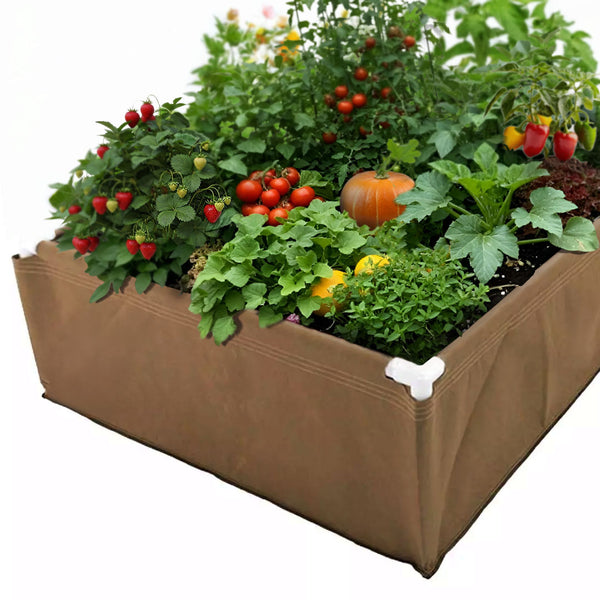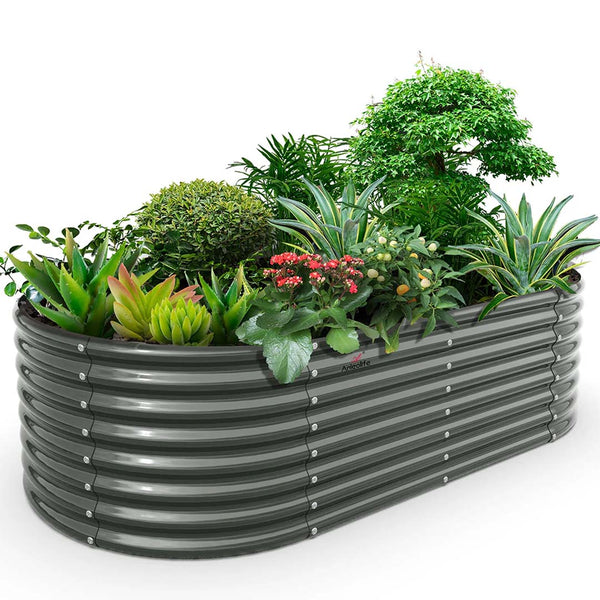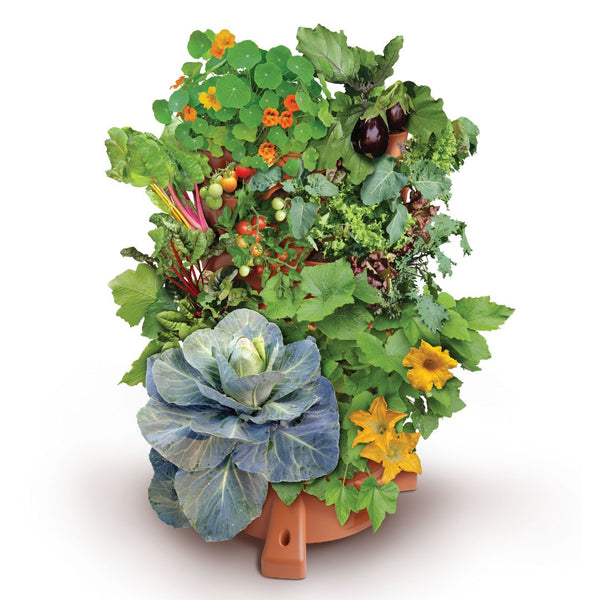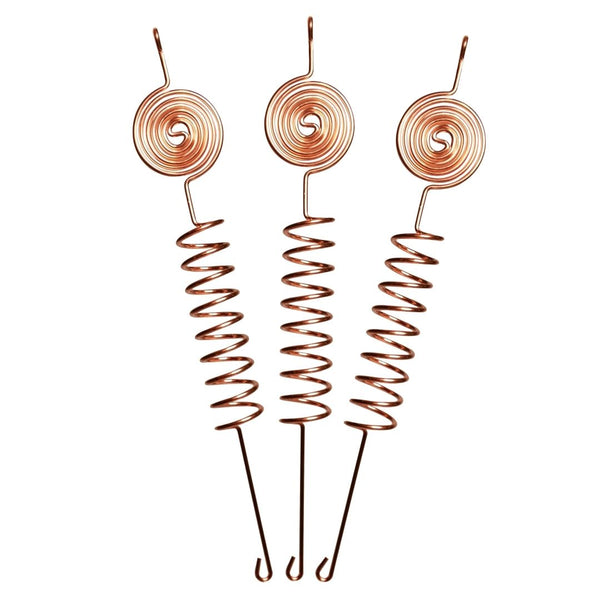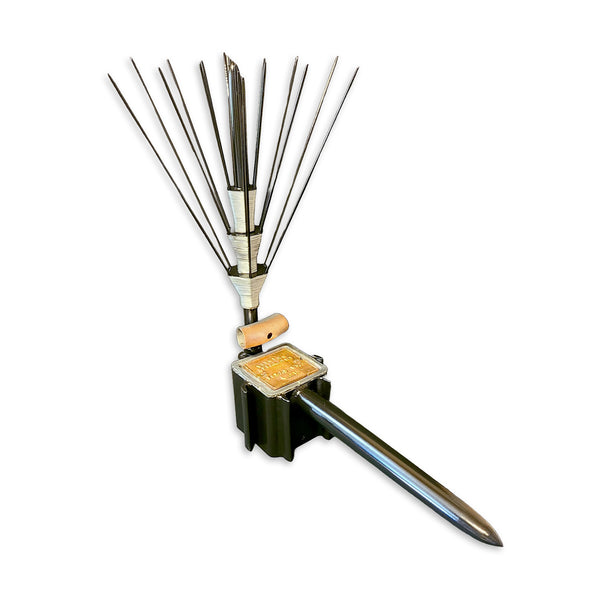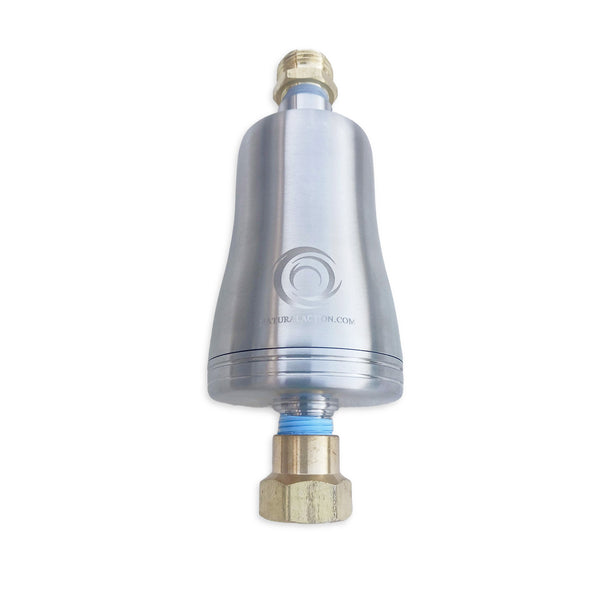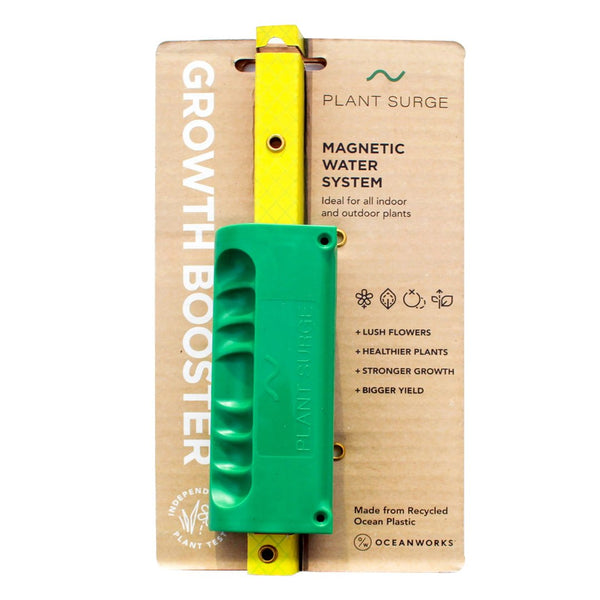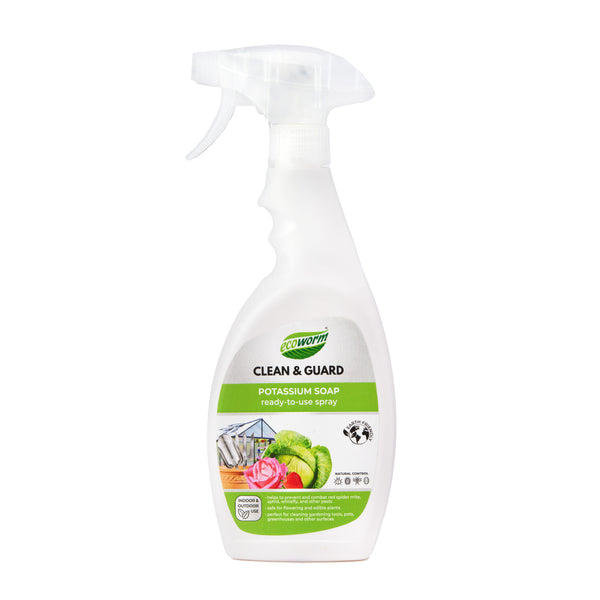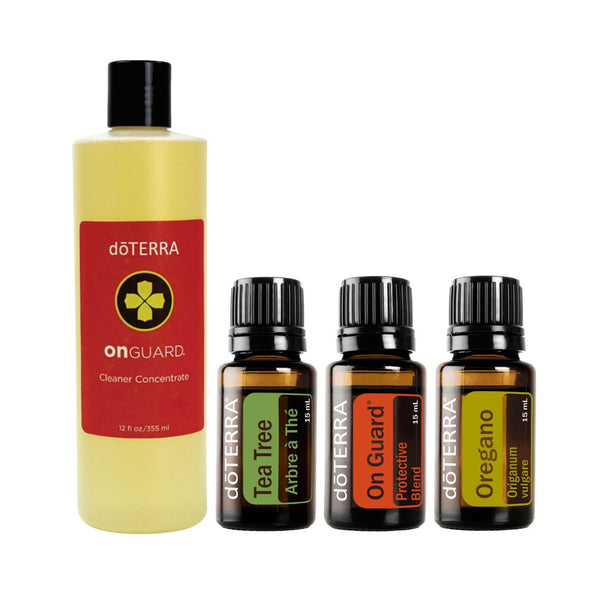The Remarkable Benefits of Rice Husk That Make It Superior To Perlite And Vermiculite

Rice Husks as Soil Amendments
Using organic stuff in gardens sounds all official, but really, it’s like sprinkling magic on dirt. Take rice husks – leftovers from making rice – they’re hiding all sorts of goodies for your plants. Let’s dive in and see how they can totally up your gardening game, especially if you're curious about the benefits of rice husk.
Moisture Magic Tricks
If you're the kind of gardener who feels like you've joined a full-time club to keep plants watered, rice husks might just become your new best buddy. Turn these husks into biochar – a fancy term for supercharged organic bits – using pyrolysis. That’s just a big word for burning without actually turning stuff to ash. This fancy rice husk biochar does a great job of holding onto water. WasteX shows us how:
| Soil Goodies | Water Holding Power (%) |
|---|---|
| Rice Husk Biochar | 30%-50% |
| Perlite | 10%-20% |
| Vermiculite | 20%-30% |
So, for folks like our backyard food grower who can't be on watering duty all day, these rice husks have their back. They’re super handy for urban gardeners, squeezing every bit of space and time they’ve got.
Feeding the Soil Buffet
Rice husks don’t just sip on water; they’re like a lunchbox full of energy for the soil too. WasteX tells us rice husk biochar is carbon-rich. This means it helps the dirt keep hold of its nutrients, like a good stew in a slow cooker. It's perfect for the no-till organic gardener who wants to boost the underground talent show of microbes and tiny critters.
| Soil Goodies | Nutrient Hoarding Skills |
|---|---|
| Rice Husk Biochar | Top Tier |
| Perlite | Low Key |
| Vermiculite | Middle Child |
By holding onto nutrients, rice husk biochar means less need for those hardcore chemical fertilizers. It's a win for homesteaders and market farmers wanting lush, green crops without the constant soil refresher. Want more on getting your garden cozy with rice husks? Our guide on rice husk for plants lays it all out.
Rice Husks: Hydroponic Growing Medium
So, you're dabbling in hydroponic gardening and wondering what magic ingredient to sprinkle? Rice husks just might be the stuff of legends that you need. Why, you ask? Let's unpack it—these things are feather-light, super efficient, and get a gold star for being kind to Mother Earth.
Good Drainage? You Bet!
Picture tiny lifeboats for your plants' roots. That's rice husks for ya! With their low density and hollow vibe, they're perfect for hydroponics (WasteX). Think of them as your plant's personal Rapid transit system—keeping the water moving and root drowning a long-lost memory.
| Property | Rice Husks | Perlite | Vermiculite |
|---|---|---|---|
| Density | Low | Medium | Medium |
| Water Retention | High | Moderate | High |
| Drainage | Excellent | Good | Moderate |
If you're planting dreams and want to skip the common pitfalls of traditional substrates, rice husks have your back. Plus, they won't break the bank, unlike some of those snooty materials like perlite and vermiculite.
Breathing Room and Chow Time
Rice husks have a talent for turning your garden into a bastion of fresh air and vitamin-packed edibles. Their Swiss-cheese-like structure welcomes all the breezes, essential for your green army’s well-being.
This free-flowing atmosphere stops your plants from feeling like they're in a stuffy shoe-box, which is great for root health. Toss in the fact that rice husks are champs at soaking up and holding onto the nutrient cocktail, and you've got a buffet line your plants will love.
| Property | Rice Husks | Perlite | Vermiculite |
|---|---|---|---|
| Aeration | Excellent | Good | Moderate |
| Nutrient Absorption | High | Moderate | High |
| Sustainability | High | Moderate | Moderate |
With these superpowers, rice husks not only out-punch other mediums but also stay in sync with the eco-loving spirit of today’s green-thumbed DIYers. Want more juicy details? Dive into our articles on rice husks and benefits of rice husk in plants.

In a nutshell, rice husks are just the ticket for kicking off a rockstar hydro-garden. They work wonders for newbies and veteran growers alike, providing a hearty and planet-friendly boost to plant life. So go on, give rice husks a whirl—your garden will thank you with lush, leafy high-fives!
Rice Husks in Water Filtration
Rice husks are superstars in water filtration, and they’re here to outshine the old-school materials. Let’s get to the nitty-gritty of why these humble husks are so darn good at filtering H2O.
High Adsorption Capacity
When it comes to soaking up nasties in water, rice husks got skills. Thanks to their generous surface area and a hefty dose of silica, these little wonders pack a punch in water filtration systems. Whether you're eyeing carbonized rice husks, known as biochar, or the regular kind, they’re all about pulling their weight.
| Rice Husk Type | Surface Area | Silica Content | Best For |
|---|---|---|---|
| Non-Carbonized | Plenty | High | Basic water clean-up job |
| Biochar (Carbonized) | Even More! | High | Heavy-duty pollutant buster |
Source: WasteX
Removing Heavy Metals and Organic Pollutants
Rice husks are like the water-cleaning ninjas of Mother Nature, tackling heavy metals and organic gunk that you don't want to swim in. They latch onto those pesky pollutants like a champ, ensuring safer water that’s good to go, especially in places where fancy filtration gear is missing.
| Nasty Stuff | How Much They Can Handle | Source |
|---|---|---|
| Heavy Metals (e.g., Lead, Cadmium) | Loads | WasteX |
| Organic Pollutants (e.g., Pesticides) | Lots | WasteX |
By bringing rice husks into your water filtration game, you're tapping into their natural prowess for sprucing up water quality. Wanna know more about what they can do? Check out our sections on rice and husk or explore rice husk specialty products.
Rice Husks: Alternative Building Materials
Did you know rice husks, often seen as just leftover farm stuff, can actually be game-changers in building? Instead of adding to trash piles, they step up as a green swap for conventional building materials.
Insulation and Cement Boosters
Rice husks work like charm for insulation. Their natural properties pack a punch in keeping the hot and cold at bay, meaning cozy homes and wallet-friendly power bills. Imagine them packed into lightweight insulation panels – they're tough, not easy to wear out.
But wait, there's more! Rice husks turn into superstar cement buddies when processed into ash. They’re loaded with silica, which is like concrete’s best friend. Not only do they beef up the concrete, making it last longer, but they also cut down the need for sand and gravel (WasteX).
| Application | Benefit |
|---|---|
| Insulation | Top-notch thermal perks, saves on energy |
| Cement Supplement | Amplifies concrete muscle, less demand on planet’s goodies |
Curious about how these humble husks can crank up building efficiency? Hop over to our piece on rice husks.
Eco-Friendly Building Uses
In green building circles, rice husks are a secret weapon. Instead of biting dust, these by-products get a new lease on life. They champion the idea of reusing slap-up, leftover goodies from fields to reduce our environmental drag.
These husks make feather-light concrete, perfect for skyscraper dreams where weight’s a big deal. You’ll also find them in those eco-bricks and panels, pushing the needle on sustainable building habits.
Cool Things Rice Husks Do for Construction:
- Lightens the load of farm waste
- Trims down the nasty gases we hate
- Swells up the use of renewable goodies
- Pumps up building material strengths
Feed your curiosity on sustainable buildings with our bit on adding rice hulls to soil.
Bringing rice husks into the construction mix isn't just about stronger, sturdier structures. It's about cheering on green building approaches. A pinch of innovation here, a dash of rice husks there, and we’re marching towards a smarter, eco-friendlier tomorrow in construction and materials world.
For a deep dive into the perks of rice husks, peek into our thorough benefits of rice husk in plants.
Energy Potential of Rice Husks
Rice husks might just be the unexpected key to a greener energy future. Offering a clean and sustainable punch, they're a solid contender against the old-school fossil fuels. So, stick around as we unpack the whys and hows.
Biofuel Production
These little husks are like Swiss army knives of the biomass world. They break down into a variety of biofuels, doing their bit to wean us off fossil fuels. What can we whip up?
- Briquettes and Pellets: Once squished into briquettes and pellets, they become sturdy go-tos for warming up and cooking everything from beans to stews.
- Biogas: Chuck them into an anaerobic digester, and you’ve got yourself biogas, perfect for sparking up electricity or firing the stovetop (WasteX).
- Bioethanol and Biodiesel: Think of them as a mini refinery for cleaner fuel alternatives like bioethanol and biodiesel.
Here's a handy dandy table to lay it all out:
| Biofuel Type | Conversion Process | Usage |
|---|---|---|
| Briquettes & Pellets | Compression | Heating, Cooking |
| Biogas | Anaerobic Digestion | Electricity, Cooking Fuel |
| Bioethanol | Fermentation | Clean Fuel Alternative to Gasoline |
| Biodiesel | Transesterification | Clean Fuel Alternative to Diesel |
Efficient, Clean Energy Source
Tapping into rice husks offers a bundle of perks, making them a wise choice for generating power:
- Environmental Impact: Dust off and toss less waste while cutting back on those greenhouse nasties. Rice husks bring down emissions by slashing our fossil fuel habit (WasteX).
- Availability and Cost: If your area is flooded with rice fields, you're in luck. These husks are all over the place, and they won't break the bank (Nature).
- Energy Efficiency: Whether you're using them as briquettes, biogas, or biofuels, you're getting high-energy payback while leaving a smaller carbon footprint (WasteX).
Rice husks aren't just fluff—they’re real contenders in the clean energy game, helping the planet and saving a buck or two. Dive into more on our site with hull in rice, organic rice husk, and application of rice husk.








